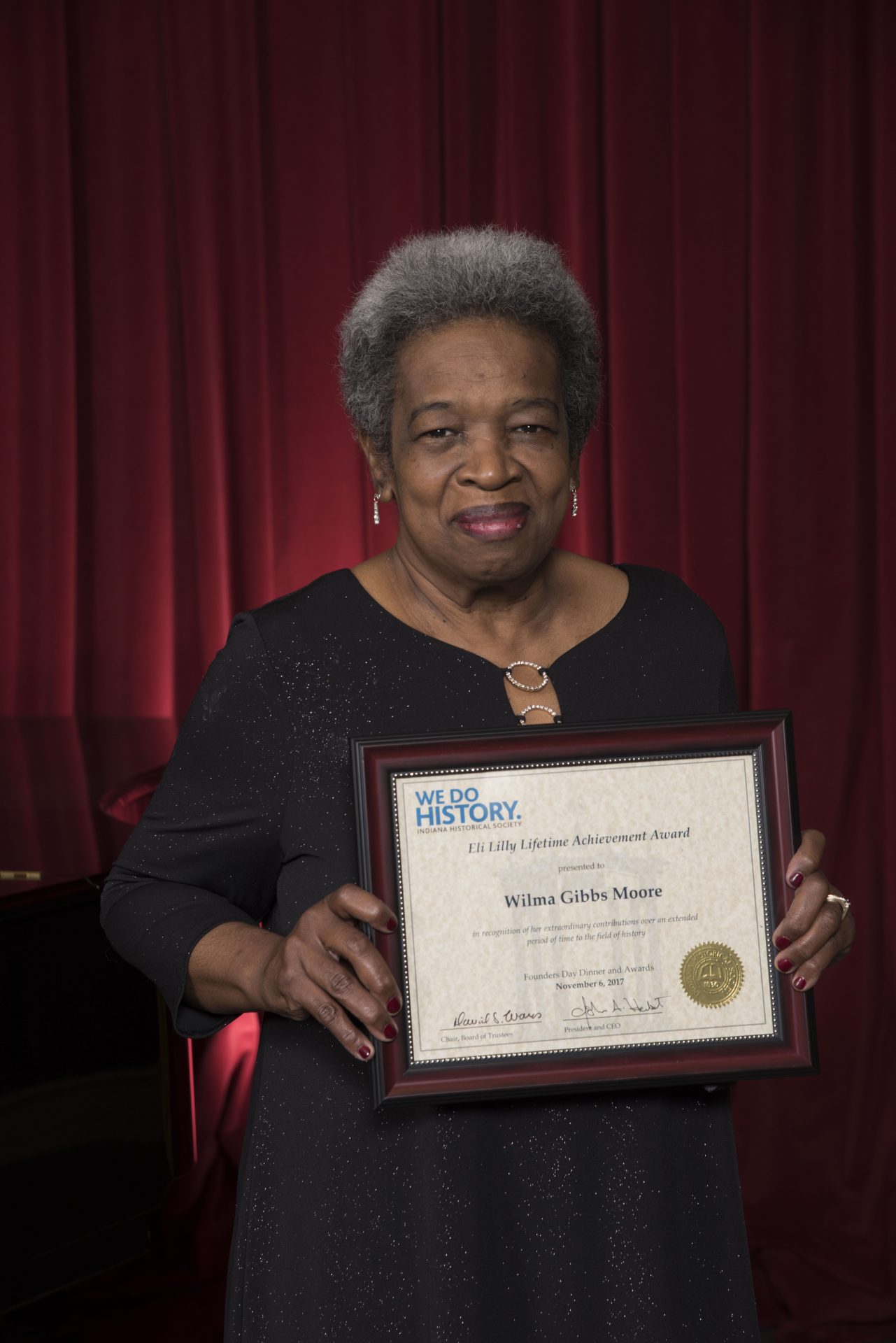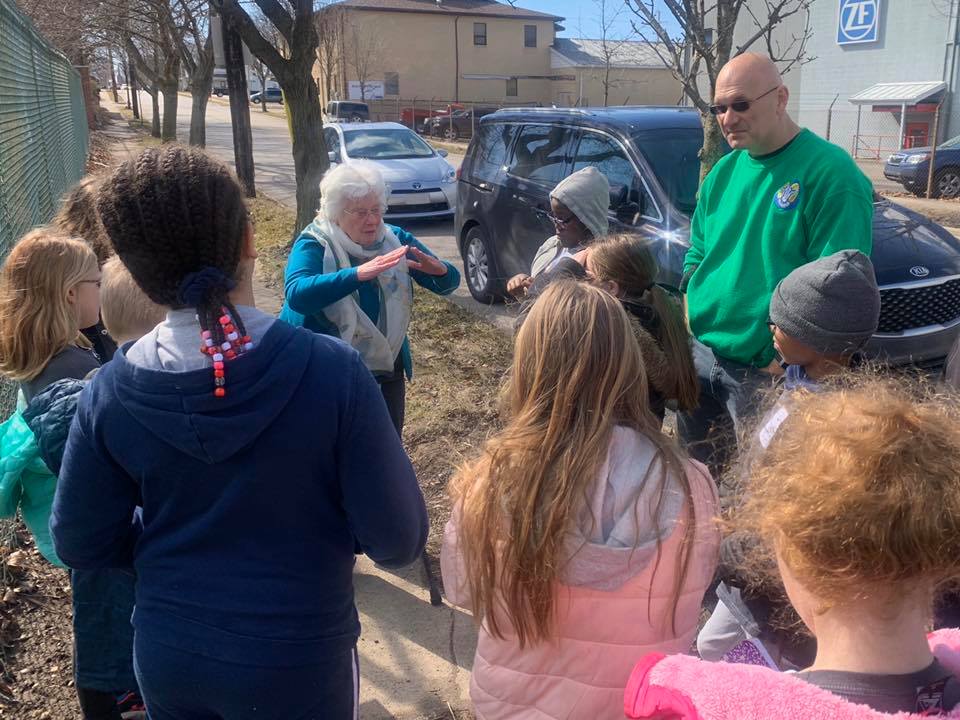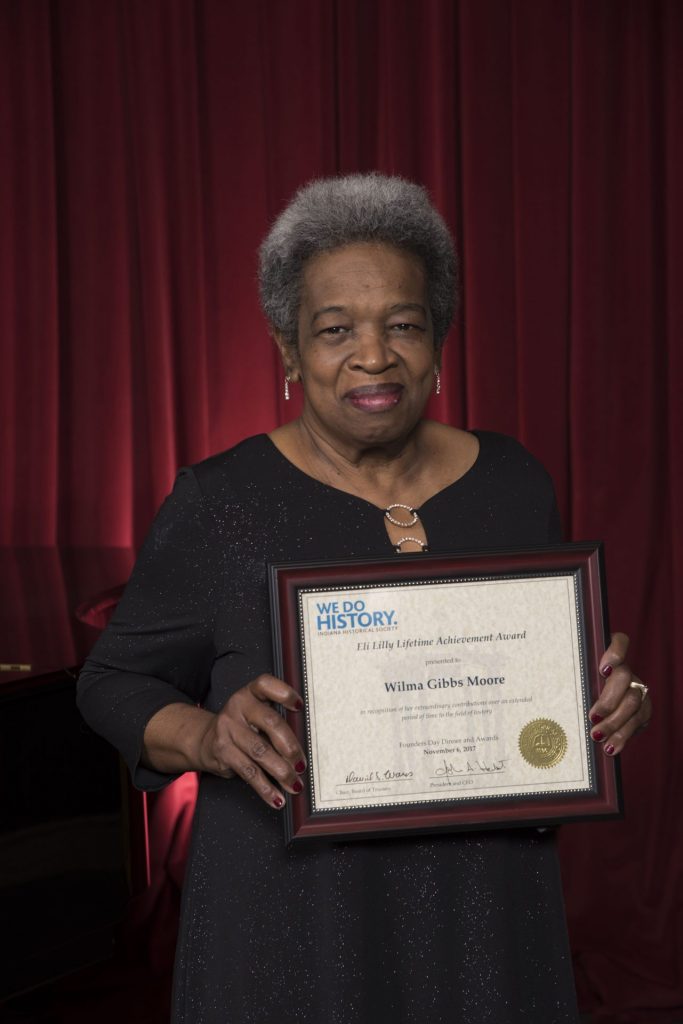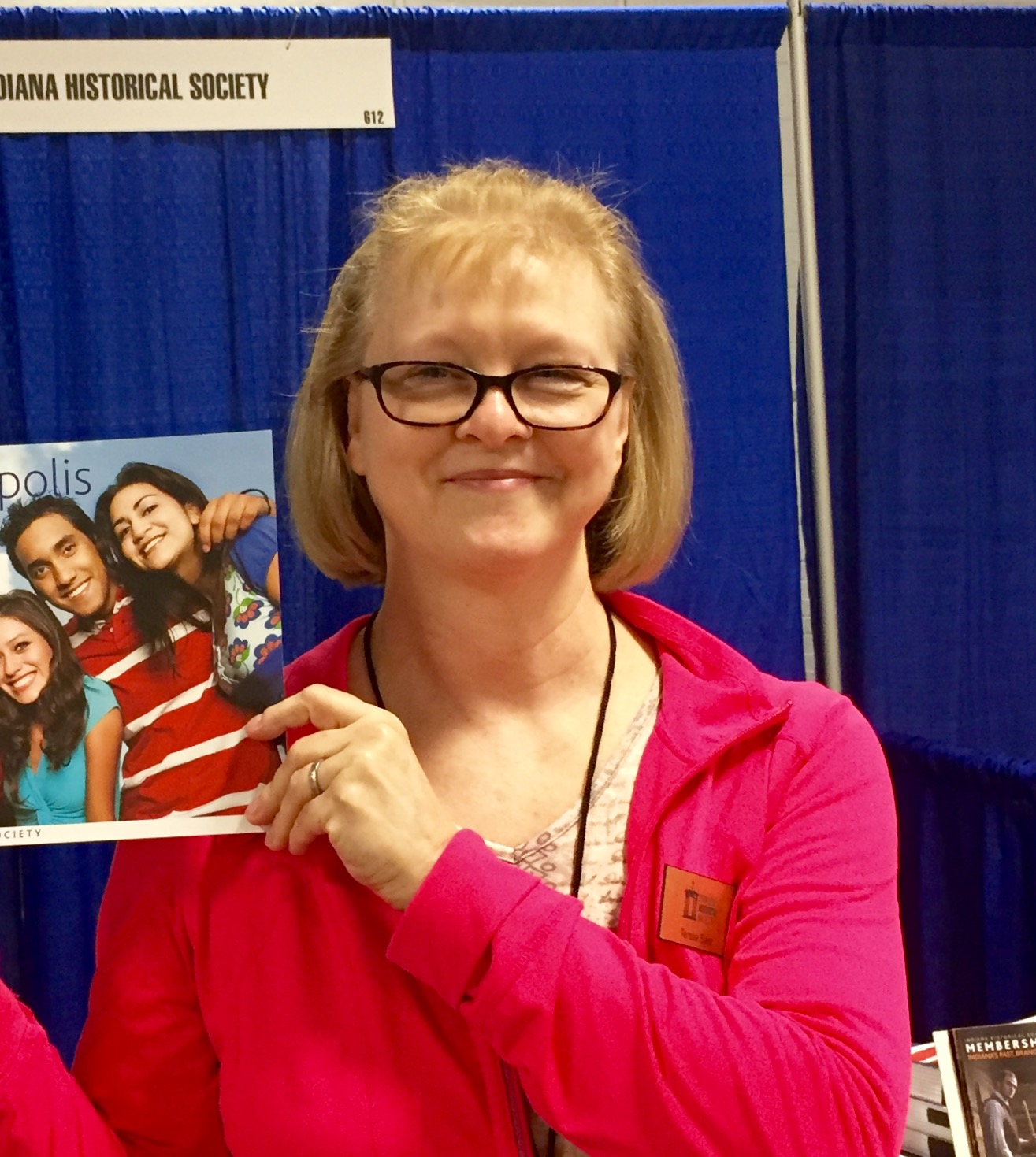
Purchase Tickets
Honoring Those Who “Make” History
June 1, 2020

Each year the Indiana Historical Society accepts nominations for several awards to be given to individuals and organizations throughout the state that are working in the fields of history. The emphasis is on excellent scholarship presented in engaging, public-facing ways. As managing editor of the IHS Press, I have enjoyed the honor of reviewing the nominations for more than a decade, along with several colleagues, IHS trustees, and public committee members. Each year I am delighted by the deep well of work being done by Indiana historians, teachers, librarians, museum professionals and others. They work with extraordinary skill, thoughtfulness, and finesse, mining the stories of Hoosiers from different periods, ethnicities and regions statewide. Their work not only helps us to understand more clearly who we are by portraying in a myriad of ways the lives of our collective ancestors, but it also emphasizes the lines of thought, invention and policy that have built the Hoosier state of today.
While my IHS colleagues in Education and Local History Services share input on the History Teacher Award and three awards given to historical institutions each year, my primary focus is on the awards for individuals. These include the Willard C. Heiss Family History/Genealogy Award and the Hubert Hawkins (Local) History Award, as well as the Dorothy Riker Hoosier Historian Award, and the Eli Lilly Lifetime Achievement Award. I group these together–family and local history on the one hand, and historian and lifetime achievement on the other — because they often fall together this way as the committee reviews and discusses the nominations.
The family and local history awards overlap for a couple of reasons. Both are given to expert researchers working with rare source material, such as court, land and vital statistics records. The nominees are diggers; they know where to find minute details from many different sources. They are scholars; they have read deeply into local, state and American history. They are also writers and speakers who know how to tell a story in a newspaper article, original play or exhibition. They have often worked a lifetime recreating stories of Hoosiers and helping others do so. Many are librarians or volunteers who help other people learn to research and present their findings. Many start indexing projects so that others can find their ancestors or subjects of historical interest.

Mary Blair Immel, 2019 recipient of the Heiss Award has published articles in The Hoosier Genealogist and its successor, Connections, for twenty years. She has also authored numerous books for children including Captured and Giant Steps for the IHS Press. Pictured here in early March 2020, she is working with students from Avon, Indiana, who had been reading Captured and learning about the Civil War. (Photo courtesy of Our Shepherd Lutheran Church and School, Avon, Indiana)
It is often difficult to decide which candidates should receive the family history award and which the local history. While all potential winners have worked many years, the family history awards often go to persons who have worked across a region or statewide; many have also contributed to IHS collections, programs and/or publications. The local history award is more often given to a person working within a county to shed light on its towns and rural spaces. They are usually well-known and much appreciated by people in their locale.
Likewise, determining the winners of the Hoosier Historian and Lifetime Achievement Awards can also be difficult. Both these awards honor individuals who have made “distinguished” or “extraordinary” contributions to the field of history in Indiana and/or to IHS for long periods of time. Professors, judges and longtime IHS employees and trustees have all earned these prestigious awards—as have others. Most often Hoosier Historian recipients have published multiple peer-reviewed books and articles and given historical talks, while others have served as historical editors or archivists. Sometimes the individuals nominated for this award have done such an outstanding job for so long, or they have pursued this long-term career while also contributing to the IHS, that we award them a Lifetime Achievement Award.

IHS Archivist Wilma Moore won the 2017 Eli Lilly Lifetime Achievement Award for her work building IHS’s African American collection and for writing and speaking about Indiana’s black history for many decades. Wilma was long-time editor of Black History News & Notes, as well. She is pictured here at the awards banquet. (Photo by Ed Stewart)
Other lifetime awardees have contributed magnanimously to the pursuit of collecting, preserving and presenting Indiana history, endowing the IHS and sometimes other historical entities, too, and/or serving on IHS committees or its board of trustees for decades. Historian and lifetime honorees both give life to Indiana history in the larger world — connecting Hoosier history to American history for scholars everywhere – or making the preservation and sharing of Indiana history a legacy for ensuing decades.
Nominations will start pouring in again soon. Later this summer, I will have the pleasure of meeting new people and new institutions that share my love of Indiana history — people I can learn from and share with. I am excited to read about their work and grateful I can help give them the recognition they so richly deserve — for their work enriches all Hoosiers.
To learn more about the IHS award program, click here.









